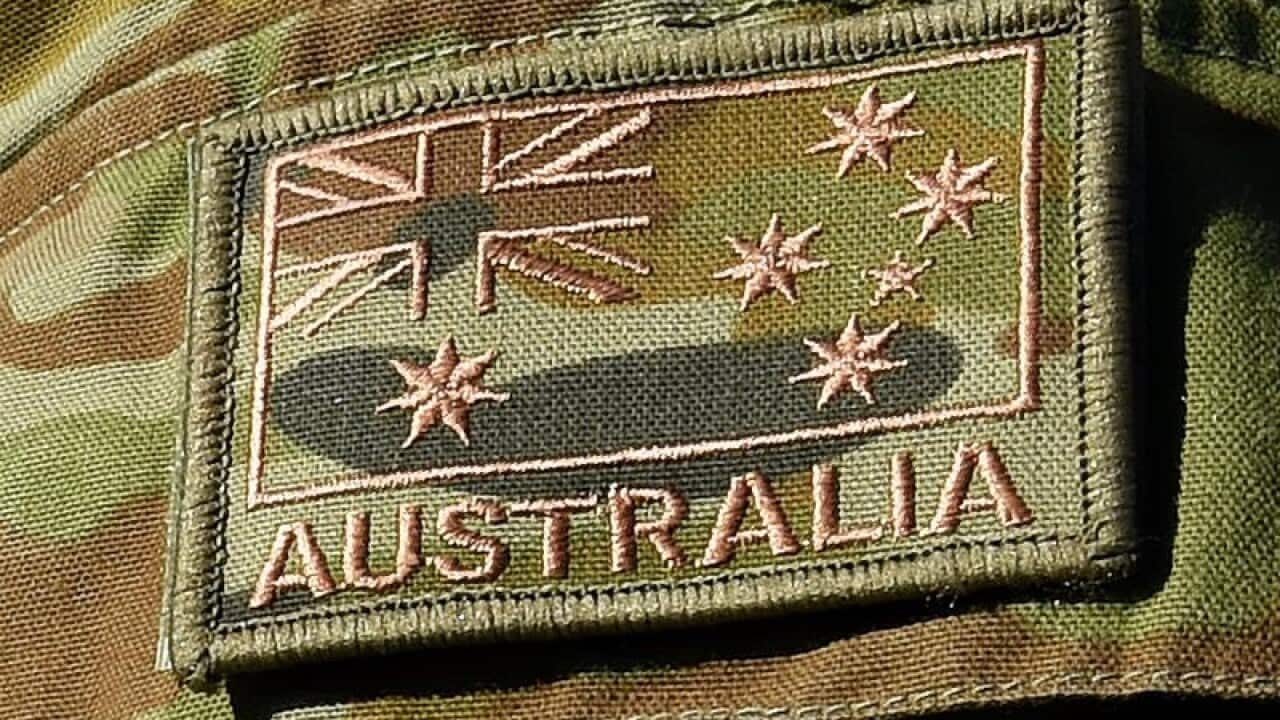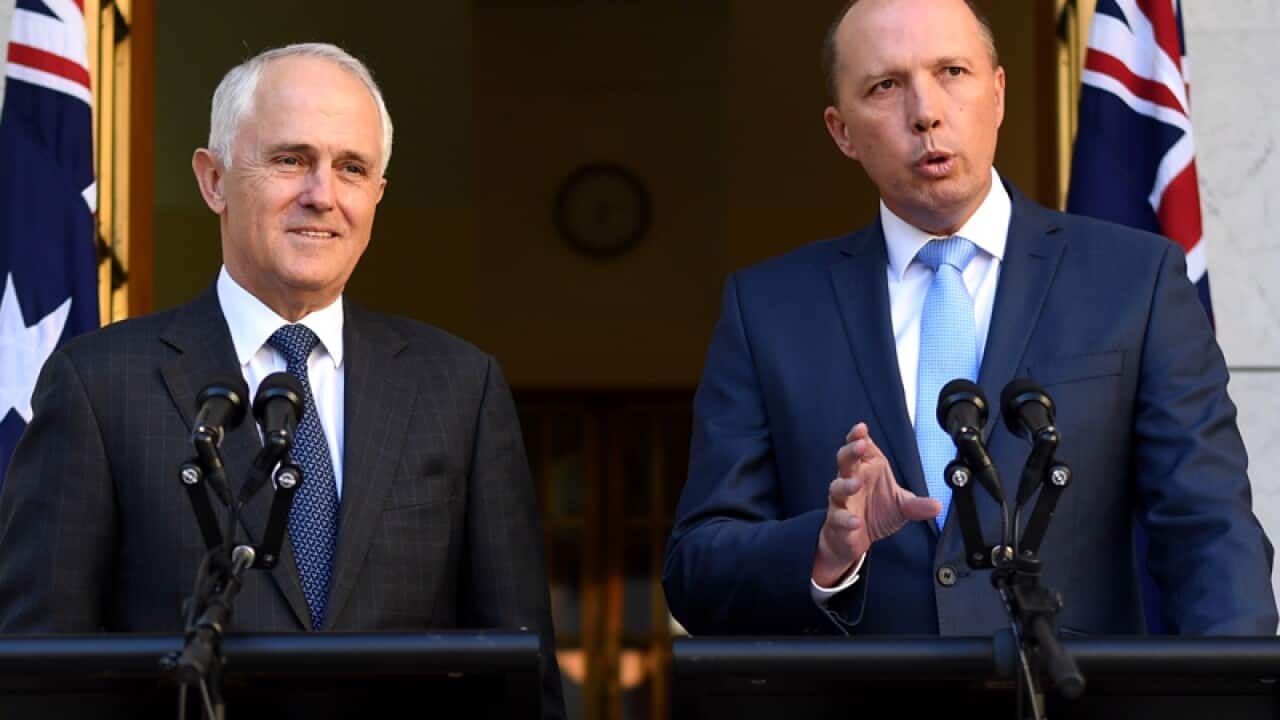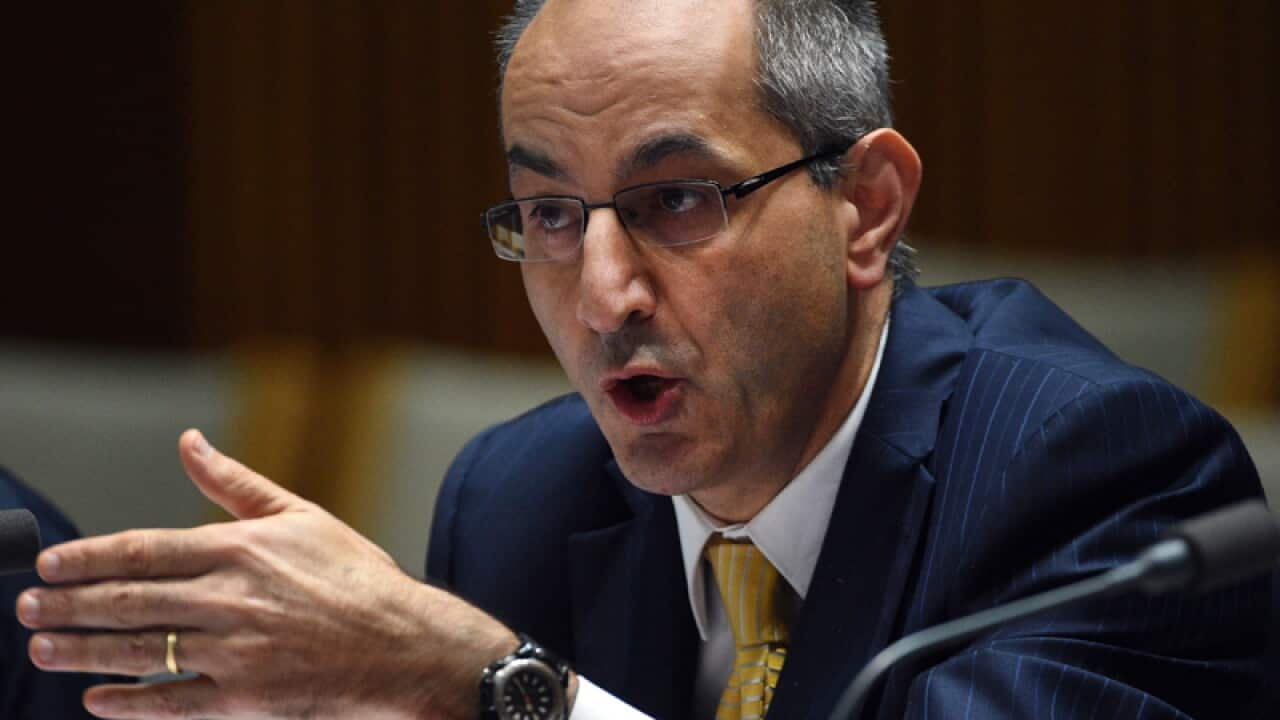Lobbying by universities, big business and medical research sectors has prompted Immigration Minister Peter Dutton to relax restrictions on this year's controversial 457 visa changes.
In the first shake-up of the eligible occupation lists following April reforms, some occupations like real estate agents and psychotherapists have been excluded entirely, while others including petroleum engineers and horse trainers have been shifted into the scheme.
In announcing the second set of major changes in less than three months, Mr Dutton described the occupation lists as "dynamic".
"Revisions to the occupation lists are just one element of the Government's reforms strengthening the integrity of Australia's employer sponsored skilled migration programmes and raising the productivity of skilled migrants," he said.
He also highlighted changes that mean even high-salaried applicants require English language testing and police checks are now mandatory.
The overhaul to the scheme, announced in April, split the old 457 visa into two streams - short and medium-long term - based on skills shortages in the community.
However a backlash followed the reforms when it became apparent that people in occupations on the short-term list, including chief executives and university lecturers, no longer had access to a pathway to permanent residency.
related reading

Defence industry upset over 457 visa shift
Business Council chief executive Jennifer Westacott said "the changes announced today are sensible and address the genuine concern that a two year visa is not long enough to attract and retain the best talent from around the world."
Universities Australia Chief Executive Belinda Robinson said the government had listened to universities' concerns and acted on them.
"The global community of university lecturers and researchers is a highly mobile one," she said.
"Australia needs policy settings that allow us to remain competitive, and ensure we are able to snap up the best global talent to work alongside our brilliant home-grown researchers."
The government has also provided a commitment to Universities Australia that study towards a PhD will count as relevant work experience for the purposes of applying for new skilled visas.
Chief executive and university lecturer are among 35 occupations added to the medium-long term list.
Professor Tony Cunningham, President of the Association of Australian Medical Research Institutes, said the restoration of medical research roles to the medium-long term list will make it possible for medical research institutes to remain globally competitive by giving foreign scientists the "certainty they need to continue their work".
"Scientists who have come to Australia to work have made some tremendous discoveries that have benefitted the health of the nation,” he said.
"For example, think of the Gardasil vaccine created here by virologists of Scottish and Chinese origin in Professor Ian Frazer and Jian Zhou respectively."
Equipment hire managers, fleet managers, picture framers, psychotherapists, university tutors and workers in the real estate sector have been cut from the scheme entirely.
Anaesthetists have been shifted from the medium-long term list to the short term list.
Petroleum engineers, food technologists, geophysicists, hydrogeologists, life scientists, biochemists, biotechnologists, microbiologists, metallurgists, natural and physical science professionals and horse trainers have been parachuted from outside the scheme onto the medium-long term list.











